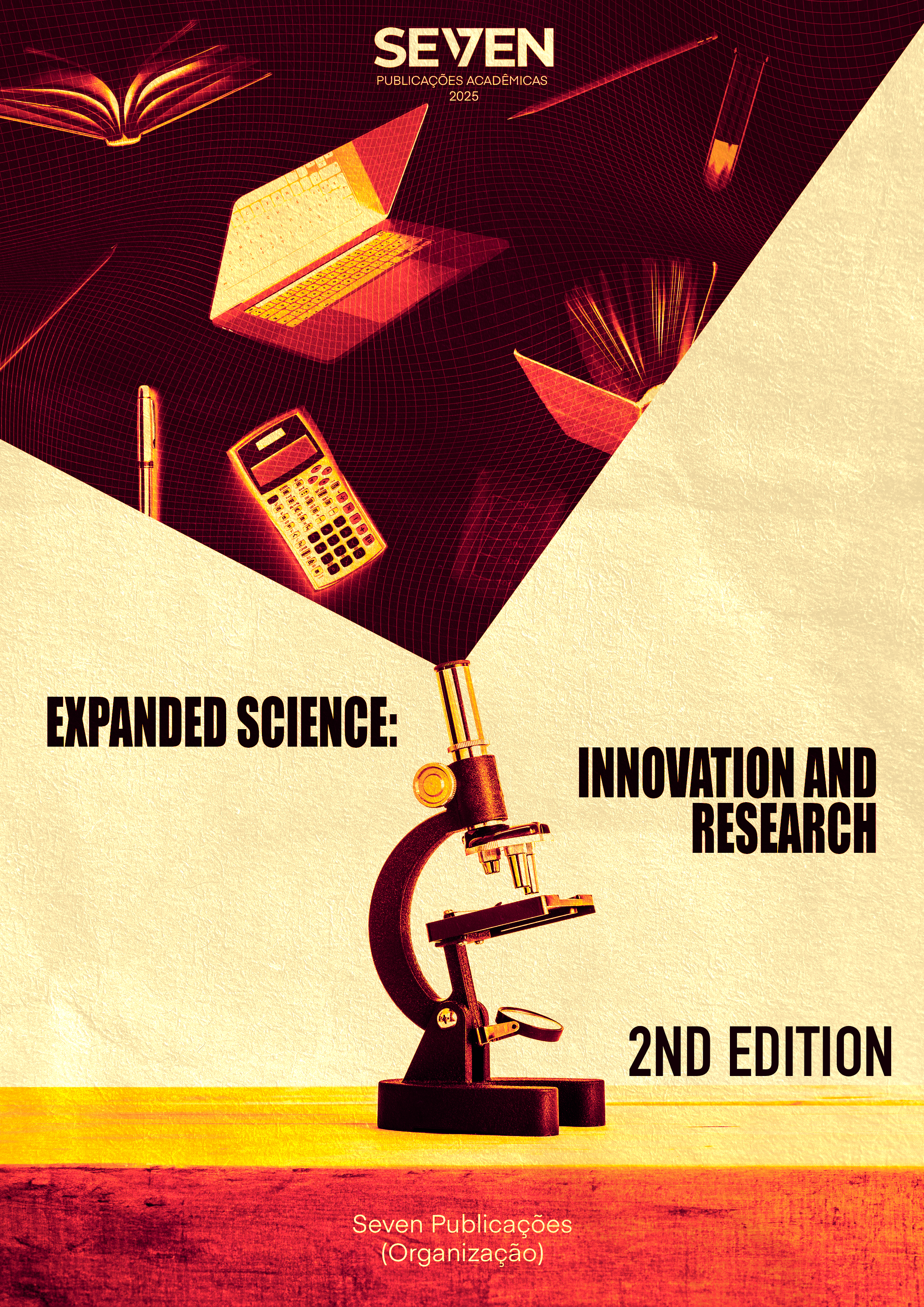INNOVATION, INSTITUTIONALIZATION AND REGIONAL DEVELOPMENT: THE TRAJECTORY OF INTEG AS A REFERENCE FOR BUSINESS INCUBATORS IN MEDIUM-SIZED CITIES
Keywords:
Technological Innovation, Institutional Theory, Innovation Ecosystems, Regional Development, Business Incubators, Public PolicyAbstract
Technological innovation is a key pillar of sustained economic growth in contemporary economies, being recognized as a strategic element in shaping dynamic and competitive environments. This study aims to analyze the creation, development, and institutionalization process of INTEG – the Technological Business Incubator of Guarapuava, Paraná – between 2003 and 2023. The research is grounded in the Sociological Institutional Theory and adopts a qualitative approach, combining a specialized literature review, document analysis, and semi-structured interviews with managers and key stakeholders. The results show that INTEG’s consolidation stemmed from a gradual institutionalization process, strongly supported by inter-institutional articulation among local, state, and federal agents. These articulations were crucial for the formation of a local innovation ecosystem, fostering the sustainability of technological ventures and promoting territorial development. It is concluded that the INTEG model offers a relevant analytical reference for public innovation policies in medium-sized cities.
Downloads
Published
Issue
Section
License

This work is licensed under a Creative Commons Attribution-NonCommercial 4.0 International License.





